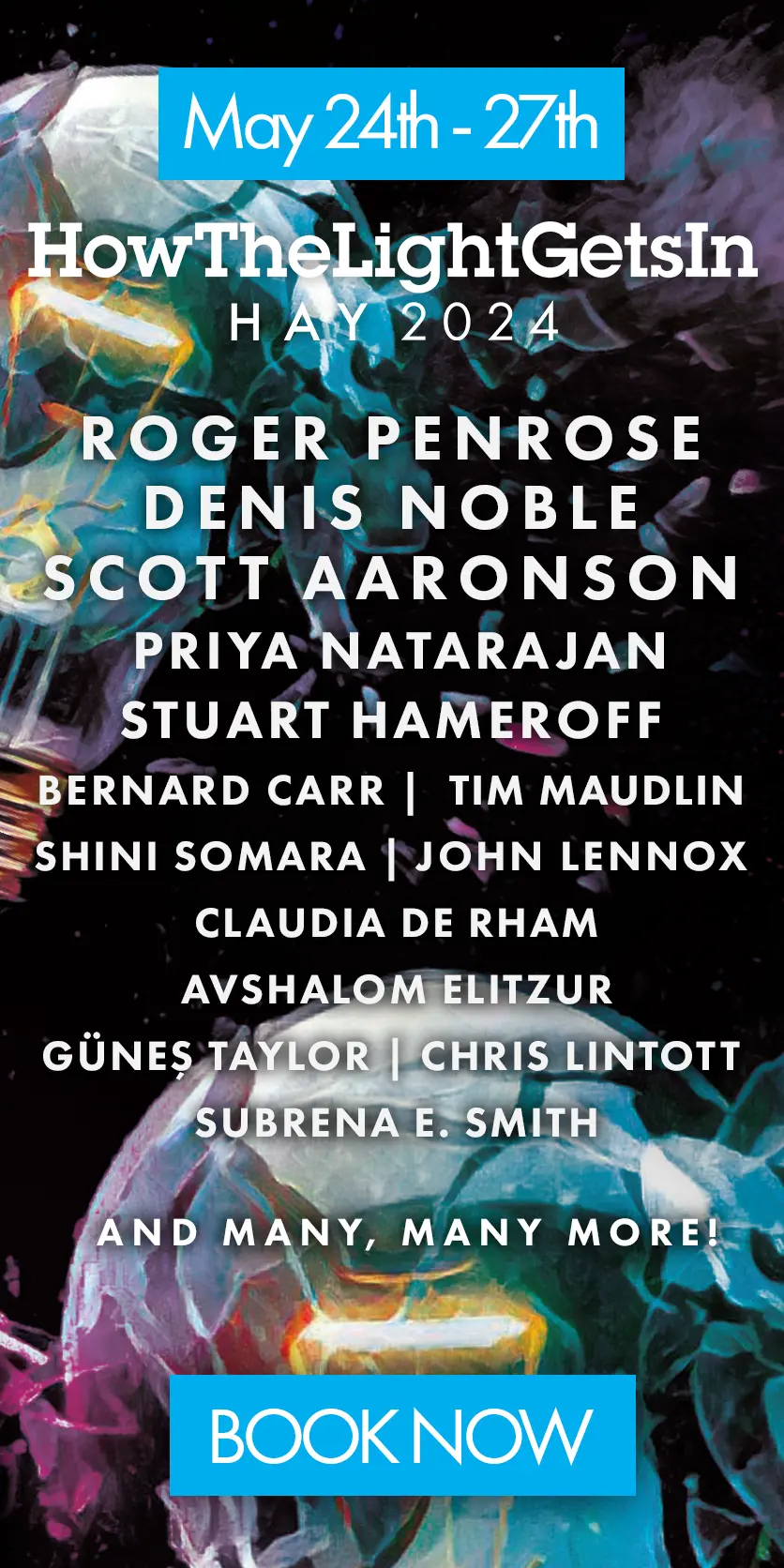Angus Deaton is a Nobel-prize winning economist known for his ground breaking work on ‘Deaths of Despair’. In this exclusive written interview with the IAI, ahead of his live online panel on the Tears of the West – tickets here, Professor Deaton explains where he has changed his mind, why economics has gone wrong and why economists need philosophy to chart a better future.
You have been a practicing economist now for over half a century. What, if anything, have you changed your mind on?
I learned to be an economist in what, by today’s lights, was a heterodox environment, Cambridge of the early 1970s. The Cambridge Keynesians—Joan Robinson, Lord Kahn, Austin Robinson, Nicholas Kaldor, David Champernowne—were important players, as were James Meade and Richard Stone, who were less visible and voluble, though both were important to me, particularly Stone. There were also younger economists who were destined to do great things, including Tony Atkinson, Jim Mirrlees, Amartya Sen, and Joe Stiglitz.
___
I may have never had a firm mind to change.
___
I heard and listened to many contradictory views, and learned much, but I don’t think I ever adopted the settled, standard, American graduate school view of economics that is so hard to change. I took economics courses for only one year, and graduate courses not at all. I wrote papers, and Cambridge allowed me to get a PhD based on them.
As a result, I may have never had a firm mind to change though, like many economists, and many non-economists, the Financial Crisis made it clear that our working model of western capitalism, of markets, and of globalization, was wrong and that the benefits of markets were never going to “trickle down” to everyone. More important still was my work with Anne Case showing that the American economy is not working for the majority of adults who do not have a four-year college degree.
___
Philosophers think about human wellbeing, as well as about social justice, and the organization of society. We need to reclaim that territory.
___
Why does economics need philosophy?
It is only recently that we thought we did not! Economics has redefined itself as a technocratic enterprise largely concerned with efficiency, with how to best allocate limited resources. Keynes thought that the political problem of humankind was how to reconcile efficiency, social justice, and individual liberty. James Meade wrote about exactly these. Friedman was a libertarian as well as an economist. Adam Smith was a Professor of Moral Philosophy and was every bit as much a philosopher as an economist. The same was true of Marx and Mill.
Philosophers think about human wellbeing, as well as about social justice, and the organization of society. We need to reclaim that territory. Of course, it was never completely lost, with Amartya Sen the leading example today. Philosophy also needs economists, who are often good at thinking through the practical consequences of policies.
I am not sure that we have to decide between various philosophical frameworks. Indeed, it is having the argument that is the point, and that is what we are not doing. Economists often implicitly adopt some version of utilitarianism or avoid ethics altogether. We have given up on welfare economics, which used to be a central topic. I am not arguing for any particular framework, just that we need to bring ethics back into the mainstream.
You have pointed out in the past a contradiction about our views on the state of America. On the one hand many point to how large the U.S.’s economic growth has been historically and how poverty has declined over the past few centuries. On the other hand, other publications have pointed out that American mortality is much higher than in other rich countries. What explains this contradiction?
There is no iron law that says life expectancy and real national incomes must move together. There are some relatively poor countries, like Costa Rica, that have low mortality rates. In American today, mortality is falling as it should for the educated minority, but rising for those without a four-year college degree, something that was true before the pandemic. The less educated minority has not done well over the last half century, even in material terms, and even if the last year or two look pretty good, they hardly make up for decades of exclusion, not just in economic terms, but in loss of power—with private sector unions almost eliminated—as well as in community and social destruction. All this has been made much worse by an opioid epidemic that was triggered by pharma companies and aided and abetted by politicians. More than 40 percent of adults know someone who died of an overdose. A few years of progress are not going to bring back the dead, nor make up for decades of powerlessness and condescension.
Do you think that your discoveries about deaths of despair challenge the conclusions of those like Steven Pinker, described as optimists?
Pinker and I were on the same page for a long time, and his book Enlightenment Now echoes my Great Escape, though he is much more optimistic about foreign aid than I was (and am). Like Pinker and others, I have long believed that the power of reason and the desire for human improvement justified optimism, at least if we look far enough forward. Deaths of despair, or at least the opioid epidemic part of it, will come to an end one day. But it is not clear to me that capitalism as currently practiced is fit for purpose, unless it finds a way of distributing its benefits more evenly, and that is before worrying about climate change, and the worldwide threats to democracy.
It is right to be pessimistic about the current state of the U.S. and U.K. economy. The system is clearly not working for the majority. Democracy is under threat, and we live in a world that is endangered by climate change, with no clear political response.
Some like Andrew Yang have linked deaths of despair to AI and automation of jobs. Is there something in this?
Yes. Automation has been as or more important than globalization in destroying jobs, with the knock-on effects of weakening unions, weakening the power of workers, as well as institutions on which they depend, like communities in which people can build lasting marriages and social lives. And it is not only death, but all forms of morbidity that have increased and, as always, only for those without a college degree.
The credibility revolution, in the 1990s and 2000s, saw a greater emphasis on improving reliability in empirical evidence in economics. You have argued that this wasn’t purely a good thing. Why?
There were good aspects for sure. Much prior econometric work was essentially the decoration of a pre-specified framework with numbers, with little chance for the data to shape the structure. As more data became available, it clearly made sense to relax the assumptions, and give the data a more prominent role. But you can pay a price for a “credible” estimate. Complete credibility requires the absence of challengeable assumption, something that, in the end, is never possible. There is always some assumption, even in a perfectly executed double-blind randomized controlled trial. “Credible” estimates tend to be locally credible, in just the case that is being examined, with no clear route to extension or broader usefulness. Such a route requires an integration with prior knowledge and prior findings. I am not arguing that credibility is a bad thing, only that, if we restrict ourselves to questions that can be credibly answered, we rule out many important issues that we used to be able to address, albeit imperfectly. In effect, external validity is being traded away for internal validity, the accumulation of scientific knowledge is being traded in for polished jewels on pinheads.
___
I suspect that, as in other areas of economics, we were too persuaded by logic and by beautiful mathematics.
___
John Kay and Mervyn King have argued in ‘Radical Uncertainty’, that in most critical decisions there can be no forecasts or probability distributions on which we might sensibly rely. What do you think about this?
Mervyn was my contemporary at Cambridge, and we worked together on a project led by Richard Stone. And I remember discussing this sort of uncertainty back then in the early 1970s. The reason the profession moved towards maximizing expected utility was because of a beautiful theorem by Jimmy Savage. I suspect that, as in other areas of economics, we were too persuaded by logic and by beautiful mathematics.



















Join the conversation